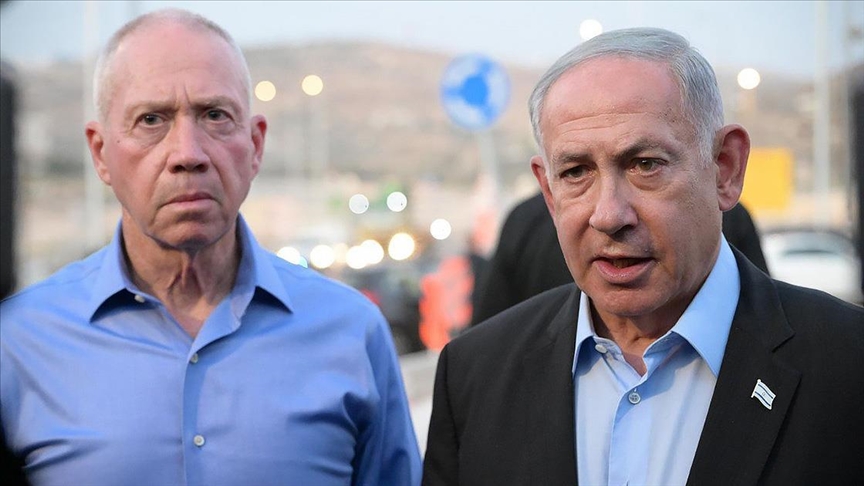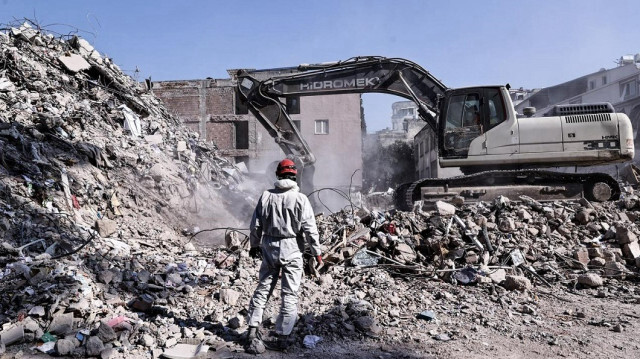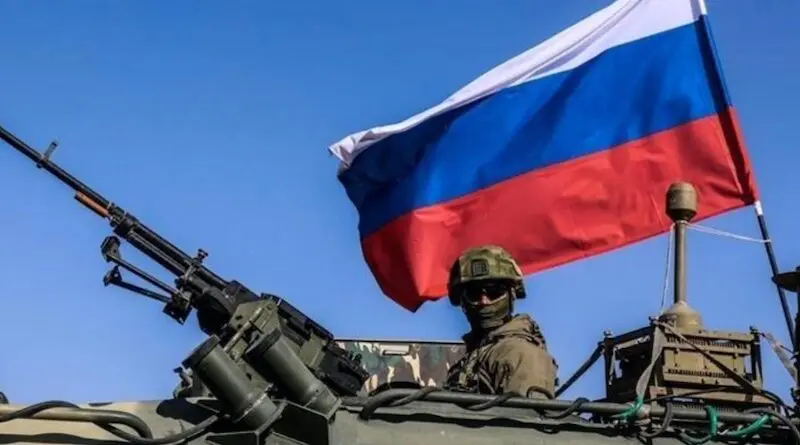How To Decolonise Our Battle Against Climate Change
Friday, 16 August 2024, 9:47 am
Article: Independent Media InstituteBy Laurie Parsons
Almost everything we buy exploits the environment and the people who depend on it to a greater or lesser extent. Almost everything we buy contributes to climate breakdown through emissions, local environmental degradation, or, most commonly, both. Yet, in a world where greenwashing is so commonplace that almost every product proclaims ecological benefits, it tends not to be seen that way. In fact, it tends not to be seen at all.
Carbon emissions and pollution are a phase that we all pass through, meaning that the ability—and crucially the money—to avoid the ratcheting risks of climate change is something we have earned, and others too will earn as each nation continues inexorably along its separate curve. Wealthy countries accept this narrative because it is comfortable and provides a logical and moral explanation of the relative safety and health of the rich world.
But what if it wasn’t true? What if one place was devastated because the other was clean? Just as carbon emissions are not acts of God, neither is exposure to the results of those emissions. In other words, you can’t remove money from the geography of disaster risk.
This is carbon colonialism: the latest incarnation of an age-old system in which natural resources continue to be extracted, exported, and profited from far from the people they used to belong to. It is, in many ways, an old story, but what is new is the hidden cost of that extraction: the carbon bill footed in inverse relation to the resource feast.
Most colonial economies were organised around extraction, providing the raw materials that drove imperial growth. As a result, even when the imperial administration is taken out, the underlying economic structures put in place by colonizers are very difficult to get away from and continue to hold newly independent countries back.
On a basic level, exporting raw materials adds less economic value to the country that does it than processing, manufacturing, and reselling those materials, so for every watt of energy, every hectare of land, and every hour of work used to make goods exported from the global North to the South, the South has to generate, use, and work many more units to pay for it.
Decolonising Climate Change
We already have the ways and means to decolonise how we measure, mitigate, and adapt to climate change.
This task is as sizable as it is vital, but at its core are three priorities. First, carbon emissions targets based on national production must be abandoned in favor of consumption-based measures, which, though readily available, tend to be marginalised for rich nations’ political convenience. Secondly, with half of emissions in some wealthy economies now occurring overseas, environmental and emissions regulation must be applied as rigorously to supply chains as they are to domestic production.
By adopting these new viewpoints, we can aim towards a final priority: recognising how the global factory manufactures the landscape of disaster. Our globalised economy is built on foundations designed to siphon materials and wealth to the rich world while leaving waste in its place.
Yet there is, as ever, another way. It is possible to reject the globalisation of environmental value by giving voice to the people it belongs to. Environments do not have to be merely abstract commodities.
Giving greater value to how people think about their local environments is seen as a way to decolonise our environmental thinking, move away from extractivism, and perhaps forestall the slow death of nature that began in the 1700s.
Environmental Myths and How to Think Differently
One of the most widely shared myths in climate change discourse is that climate change increases the likelihood of natural disasters. This burden is ‘disproportionately’ falling upon poorer countries. Yet, it is fundamentally flawed. Climate change is not causing more natural disasters because disasters are not natural in the first place. They do not result from storms, floods, or droughts alone, but when those dangerous hazards meet vulnerability and economic inequality.
A hurricane, after all, means something completely different to the populations of Singapore and East Timor. This difference is no accident of geography but of a global economy that ensures that some parts of the world remain more vulnerable to climate change than others. Natural disasters are, therefore, economic disasters: the result of centuries of unequal trade and the specific, everyday impacts of contemporary commerce.
With rich countries doing an ever-diminishing share of their manufacturing, the responsibility to report real-world emissions is left to international corporations, which have little incentive to report accurate information on their supply chains.
The environments of the rich world are becoming cleaner and safer, even in an increasingly uncertain environment. The resources needed to tackle the challenges of climate change are accruing and being spent to protect their privileged populations.
Yet, for most of the world, the opposite is true. Natural resources continue to flow ever outward, with only meager capital returning in compensation. Forests are being degraded by big and small actors as climate and market combine to undermine traditional livelihoods. Factory workers are toiling in sweltering conditions. Fishers are facing ever-declining livelihoods.
In other words, we have all the tools we need to solve climate breakdown but lack control or visibility over the production processes that shape it. From legal challenges to climate strikes and new constitutions, people are waking up to the myths that shape our thinking on the environment. They are waking up to the fact that climate change has never been about undeveloped technologies but always about unequal power.
As the impacts of climate breakdown become ever more apparent, this can be a moment of political and social rupture, of the wheels finally beginning to come off the status quo.
Demand an end to the delays. Demand an end to tolerance for the brazenly unknown in our economy. Demand an end to carbon colonialism.
Author Bios: Laurie Parsons is a senior lecturer in human geography at Royal Holloway, University of London, and principal investigator of the projects The Disaster Trade: The Hidden Footprint of UK Imports and Hot Trends: How the Global Garment Industry Shapes Climate Vulnerability in Cambodia. He is the author of Carbon Colonialism: How Rich Countries Export Climate Breakdown (Manchester University Press, 2023) and co-author of Going Nowhere Fast: Inequality in the Age of Translocality and Climate Change in the Global Workplace (Oxford University Press, 2020). Find him on X: @lauriefdparsons.
Credit Line: This is an adapted excerpt from Carbon Colonialism: How Rich Countries Export Climate Breakdown, © 2023 Manchester University Press. It is licensed under CC BY-NC-ND 4.0 by permission of Manchester University Press. Earth | Food | Life, a project of the Independent Media Institute, adapted and produced this excerpt for the web.
© Scoop Media







